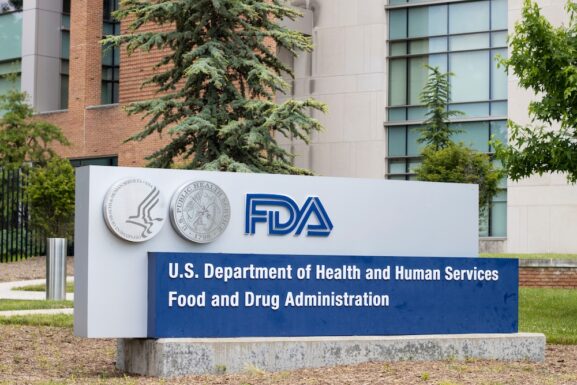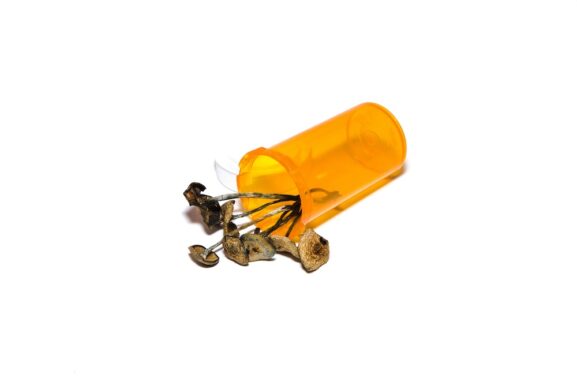Surfing Legend Kelly Slater On How Psychedelics are the Next Frontier in Sports
In recent years, the perception of psychedelics has undergone a significant transformation. Substances once dismissed as counterculture drugs—such as psilocybin, MDMA, and ibogaine—are now being reevaluated for their potential in mental health treatment and human performance enhancement. This shift has garnered attention from various sectors, including professional sports. Notably, Kelly Slater, an 11-time World Surf League champion, has shared his insights on this emerging frontier.
Looking for treatment? Find ketamine clinics closest to you as well as other psychedelic therapies in your area.
A New Frontier for Psychedelics in Mental Health and Human Performance
Historically, psychedelics were stigmatized and associated with illicit use. However, recent clinical research from institutions like Johns Hopkins University and the University of Texas Dell Medical School has highlighted their therapeutic potential. Studies indicate that psilocybin-assisted therapy can significantly alleviate symptoms of depression and anxiety, especially in cases resistant to traditional treatments. Similarly, the FDA has designated MDMA-assisted therapy as a “breakthrough therapy” for its efficacy in treating PTSD.
Read more on this story at SI.com.
Slater, known for his commitment to health and wellness, discussed the growing interest in plant-based medicines on the Everyday Warrior podcast. He emphasized the importance of responsible use, stating that, like any medicine, psychedelics can be beneficial when used properly and with the right approach. He also expressed concern about substance misuse, particularly the rising epidemic of prescription drug overdoses. Slater’s perspective underscores the necessity of structured, supervised frameworks to maximize benefits and minimize risks.
RELATED: Do Shrooms Show Up on a Drug Test?
Psychedelics in Mental Health Treatment
The potential of psychedelics extends beyond individual advocacy. Organizations like VETS, founded by former Navy SEAL Marcus Capone and his wife Amber, are exploring psychedelic therapies to assist veterans suffering from PTSD. Traditional treatments often fall short for these individuals, but psychedelics may facilitate profound emotional breakthroughs, enabling the processing of traumatic memories in ways conventional therapies cannot.
New: Interested in Being Part of a Psychedelics-Focused Clinical Trial? Sign Up Here
Academic programs, such as those by the Multidisciplinary Association for Psychedelic Studies (MAPS), are leading research in this area. Their findings suggest that MDMA-assisted therapy can result in significant, lasting reductions in PTSD symptoms, with many participants no longer meeting the criteria for the disorder after treatment. Slater’s acknowledgment of psychedelics’ potential aligns with this growing body of evidence, referring to them as “opening doors” to new ways of thinking and healing.
RELATED: The 7 Most Common Reasons for Positive Ketamine Clinic Reviews
Enhancing Human Performance
Beyond mental health treatment, psychedelics are being explored for their role in optimizing human performance. Some Silicon Valley entrepreneurs engage in microdosing to boost creativity, while elite athletes seek expanded states of focus and flow. NFL quarterback Aaron Rodgers has publicly shared his experiences with ayahuasca, an Amazonian psychedelic brew, crediting it with enhancing his mental clarity and resilience.
Slater, who has historically maintained a disciplined lifestyle and advocated for clean living, offers a nuanced view. Despite his stance against drugs and alcohol, he recognizes that psychedelics, when approached responsibly, can serve as tools for self-discovery and healing.
RELATED: New Jersey Senate Panel Advances Bill Legalizing Magic Mushrooms for Therapeutic Use
A Call for Responsible Use
While the benefits of psychedelics are becoming more apparent, the potential for misuse remains a concern. Kelly Slater emphasized that “most people figure out some way to abuse anything in life,” serving as a cautionary reminder as movements to decriminalize and legalize these substances gain momentum. Advocacy groups are pushing for regulated, medically supervised use to ensure safety and efficacy. In the U.S., progress is evident. Cities like Denver, Oakland, and Portland have decriminalized psilocybin, and Oregon became the first state to legalize its supervised therapeutic use in 2020. However, federal legalization remains a contentious issue.
RELATED: Magic Mushrooms Are Getting A Lot Stronger
The Road Ahead
As the conversation around psychedelics evolves, voices like Kelly Slater’s add valuable perspectives. His reflections on balancing potential benefits with the risks of misuse echo the sentiments of researchers and advocates: psychedelics, when used responsibly and with intention, can transform lives. Whether aiding veterans, helping individuals overcome addiction, or unlocking new levels of human performance, psychedelics are on the cusp of mainstream acceptance. The question now is not whether these substances have a place in medicine and self-improvement, but how society will responsibly integrate them into our collective toolkit for healing and growth.



